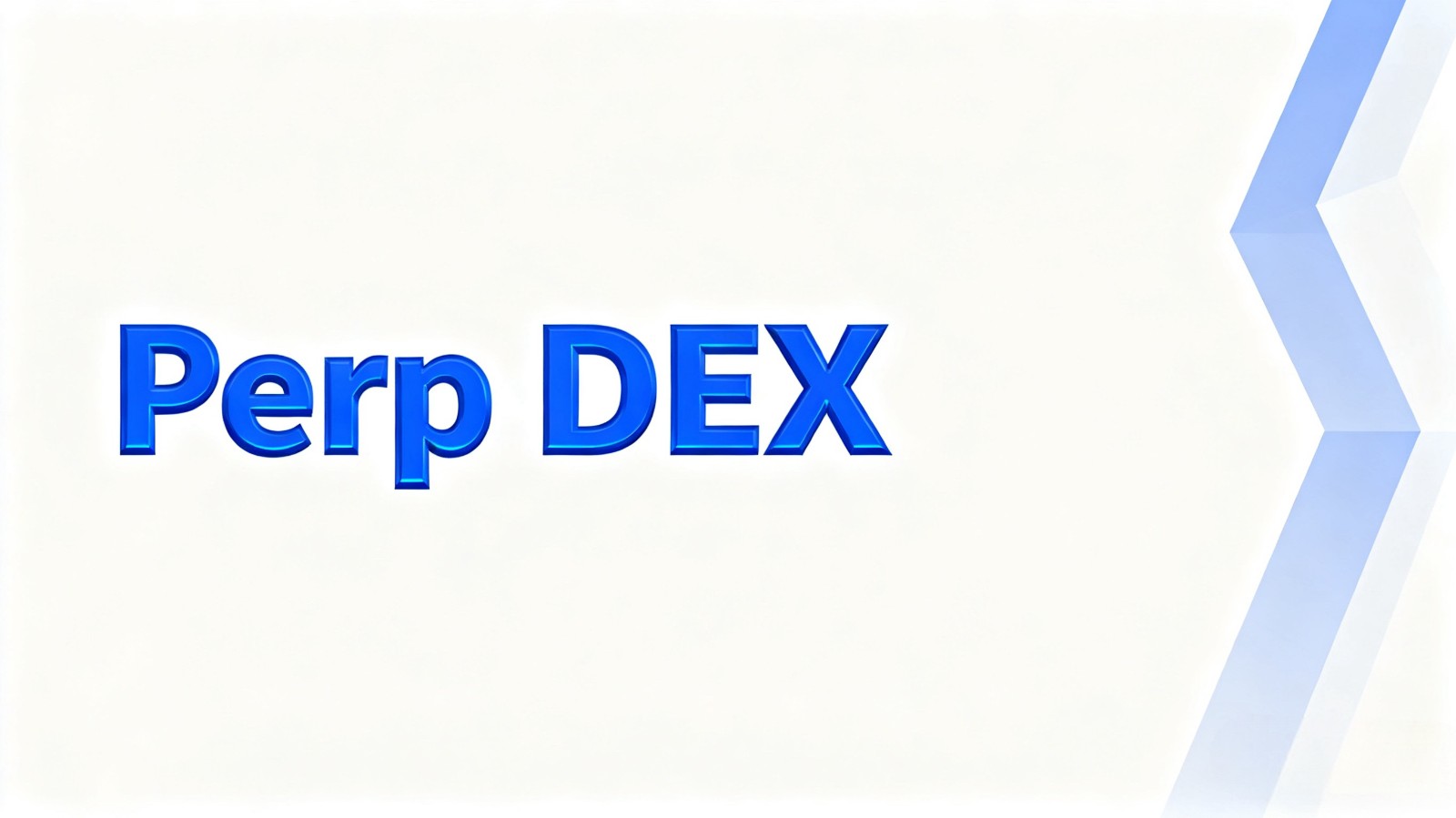
Let’s discuss several insights on the future evolution of Perp DEX:
-
The "numbers game" of wash trading for airdrop expectations is not sustainable.
If a large number of users engage in wash trading for airdrop expectations rather than genuinely using the product, if professional arbitrageurs capture most of the incentive budget at low cost, and if project teams tacitly or even openly encourage these behaviors to make their data look better—
Over time, the entire points system becomes an expectation game detached from real value creation, and the bubble will eventually burst.
-
The low-fee war among platforms involves hidden costs for users.
The intense competition among platforms will compress the "revenue model" to the extreme, but what is the true equilibrium for value capture with zero fees? If seemingly "zero fees" actually result in hidden costs such as liquidation penalties and funding rates—which users either don’t see or don’t care about—then such strategies are short-lived and unsustainable.
Either follow Robinhood’s model of selling PFOF to market makers or become a broker offering value-added services. Both require long-term iterative product capabilities to succeed.
-
The prosperity of CLOB-dominated Perp DEX is still just an insiders’ party.
Perp DEX is not a new concept, but this wave of trillions in false prosperity is largely driven by wash trading of Crypto Native assets like BTC and ETH. In the future, when TradFi assets such as stocks, forex, and commodities move on-chain, the fully on-chain order book model of CLOB may no longer be effective. Instead, Oracle or RFQ models could be more efficient.
The question is: Should we plan ahead and embrace traditional incremental assets, or spend $100k on CLOB Dex code to engage in incentive wars? The answer to who is truly creating value becomes clear.
-
High valuations supported by black-box execution layers cannot be effectively verified.
Although some Perp DEXs claim to be differentiated, massive trading data and concealed black-box technologies do not truly justify high valuations. If users don’t know how orders are processed, where liquidity comes from, or how prices are formed, and if so-called "optimal execution" actually exploits user MEV and profits from information asymmetry, then this is not a real technological moat.
Using zk proofs to verify logic is correct, but real-time order tracking, order data metrics, and technical methods must withstand market tests—these are key.
-
Perp DEX as a Service will dilute the overall value of the entire track.
If everyone builds CLOBs, supports similar trading pairs, implements maker/taker fees, and introduces points systems, and if the only differences are a slightly better UI, higher airdrop expectations, or more aggressive KOL shilling, then over time, the overall value of the entire Perp DEX track will be severely diluted.
Should we continue with "one-click chain deployment" and engage in internal competition, or truly address user pain points to establish differentiation? The former will only push the entire track into a death spiral, while the latter may give rise to truly valuable projects.
















